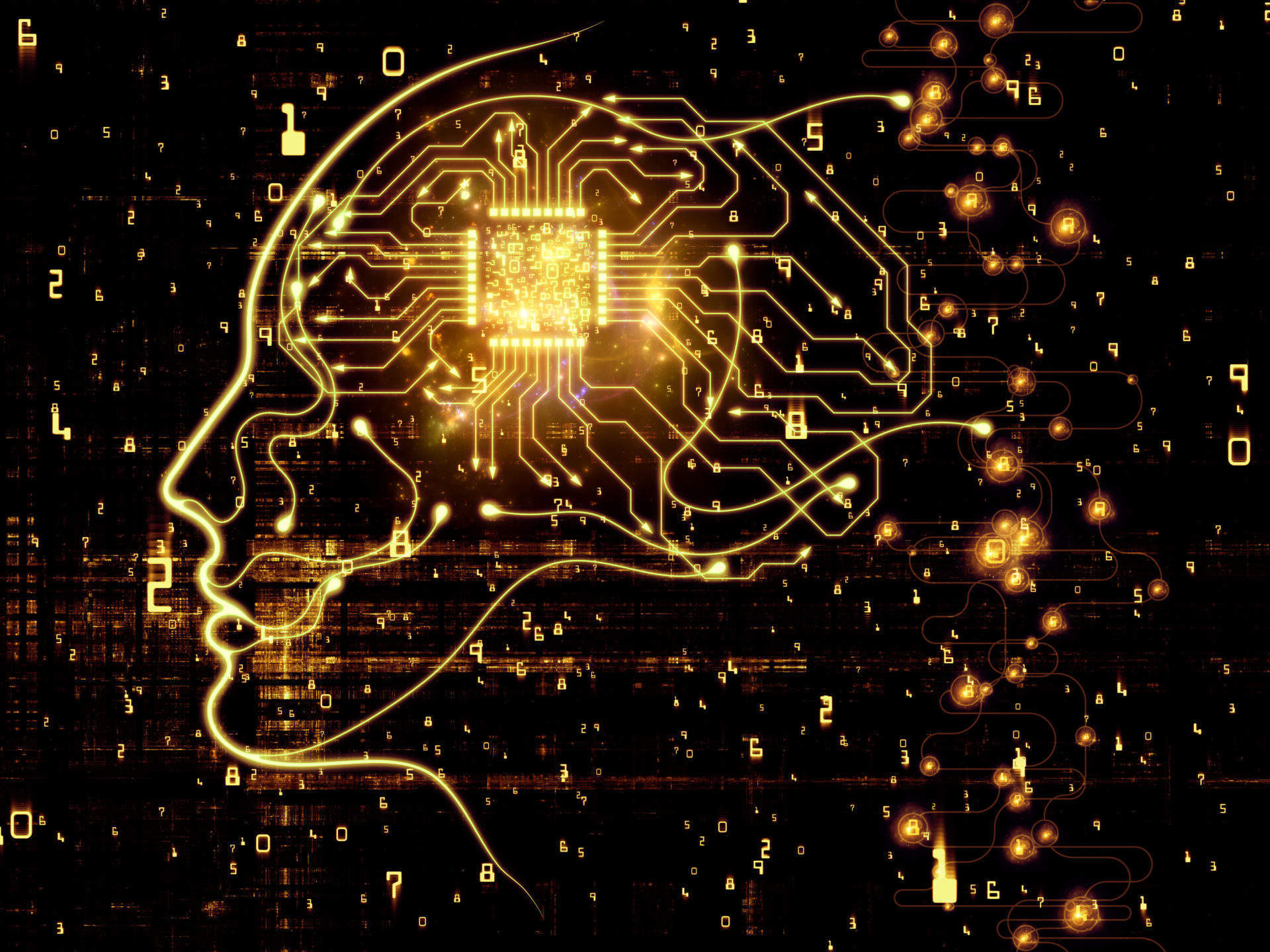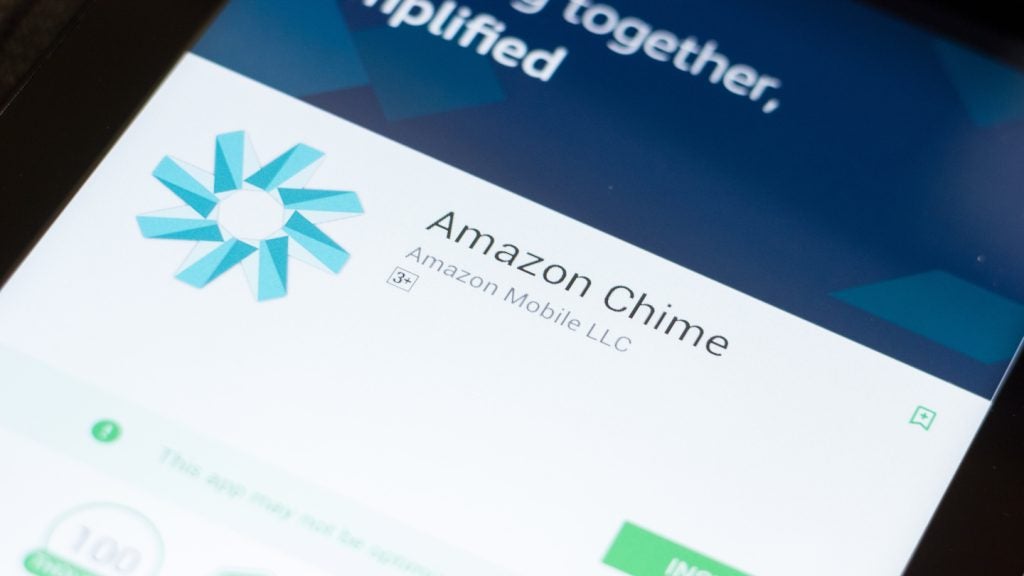
Today is World Productivity Day, a day for businesses to rethink their strategies for boosting productivity.
According to the Office for National Statistics,workers’ productivity was lower over the past decade than at any time in the 20th Century, with productivity continuing to fall in the last quarter of 2018. However, combined with this, a recent report from the Centre for Labour and Social Studies found that almost half of UK workers have noticed an increase in stress and workload in the past 12 months. This suggests that long hours and wage stagnation have had a negative impact on productivity, indicating an urgent need for change.
The answer to this may lie with technology, specifically Artificial Intelligence. Despite widespread reporting that AI poses a threat to human workers, research by PWC suggests that in reality only 3% of jobs will be at risk due to automation by the early 2020s.
The acceleration of AI adoption is instead predicted to have a significant impact on productivity. With tools such as attended and unattended robotic process automation, natural language processing, and virtual assistants, the amount of time human workers spend on mundane or repetitive tasks will be significantly reduced.
According to Forbes, automation could handle up to 45% of repetitive work, giving workers more time for higher value tasks such as problem-solving, training and creative thinking.
Furthermore, by streamlining and automating some of their daily tasks, there is less of a chance employees will become overworked, with research from the University of Warwick showing that happy employees are 12% more productive.
This World Productivity day, two experts weigh in on what this could mean for business.
“The benefits to productivity are second to none”
Ben Lorica, Chief Data Scientist at O’Reilly Media, believes that organisations must embrace the benefits of AI and humans working together to see real returns when it comes to productivity:
“‘AI will take our jobs and render us useless’. This is a statement that in recent years has dominated the media landscape. But is this statement entirely true or will AI and automation actually help individuals and organisations exceed their productivity in the long run?
“There are mixed feelings towards new technologies that have the knowledge that even the most intelligent humans don’t possess. However, that’s not to say that there’s no benefits to be had from humans and robots working together. All organisations are striving towards the same end goal – to be as efficient and productive as possible so that they can succeed. This is exactly what AI and automation has the potential to do.
“Research has shown that by 2035, AI will have the power to increase productivity by 40%. The manufacturing industry in particular will see their results flourish with the introduction of these new technologies, with certain tasks becoming automated to increase efficiency.
“In essence, AI has the opportunity to replace those jobs that involve particularly repetitive and mundane tasks, to allow workers to focus on more important and creative tasks. The benefits to productivity are second to none and AI has the potential to improve employees’ working lives.
“This World Productivity Day, we ought to be celebrating the technological progress we have made to date. AI and automation technologies are changing our lives inside and outside of the workplace. Forget the stereotype that AI is stealing our jobs. It’s not. What it is doing, is facilitating a more productive workforce that can truly benefit organisations in the long term.
“Organisations need to embrace this mentality and ensure that technologies work in unison with their employees to facilitate a more productive and efficient workforce.”
“AI is by no means a replacement for humans”
Sandra Schroeter, International Head, Customer Engagement Technologies at LogMeIn believes that AI complements the work of humans and makes them more productive:
“Technology is permeating every area of business today and customer experience is not immune to this. Specifically, AI, chatbots and NLP are helping companies in virtually every industry to provide better customer service at scale without having to rely on the contact centre to resolve every customer query manually.
“That being said, AI is by no means a replacement for humans. Instead, it complements the work of human agents and enables them to be more productive. By using NLP and machine learning to suggest appropriate responses to customer enquiries, AI helps to manage customer interactions and drives improved operational efficiency, faster resolutions and more personalised customer engagement. This is a win win for businesses and customers alike.
“This World Productivity Day, companies should look to leverage the capabilities of AI to increase employee productivity and to enable consumer satisfaction in turn giving them a competitive advantage.”







